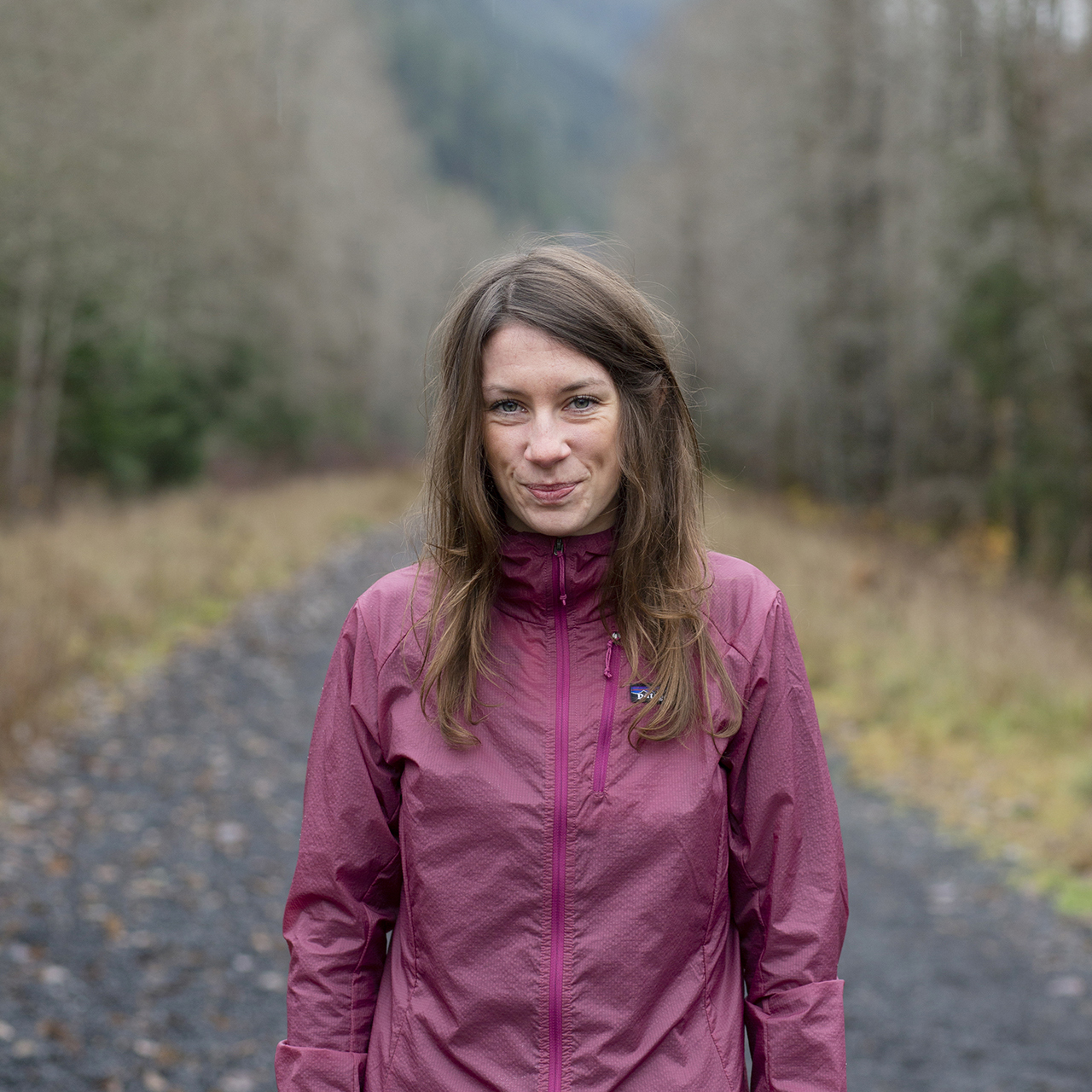A podcast network is a collection of podcasts under the umbrella of one company, which promotes those shows with a shared platform of advertisers. While the original goal of podcast networks was to bring in more ad revenue, becoming part of a network today often comes with other benefits, like help getting your podcast produced and distributed. But there can be drawbacks as well (such as losing some creative control), so it’s important to fully understand how they work and whether joining one is the right choice for your podcast.
What is a podcast network?
A podcast network is a company or organization that manages a group of shows. Sometimes they’re centered on a theme, like pop culture or politics, but often the only common thread is the network itself. The services of a podcast network can vary, but they typically include help with marketing and promotion, the opportunity to expand your listener base with cross-promotions on their other podcasts, and increased monetization and sponsorship opportunities.
The podcast network negotiates bulk advertisements for multiple shows. They do the work of getting those sponsorships so you can focus on creating new episodes. The drawback, of course, is that the network takes a portion of the earned ad revenue, usually between 10% and 30%.
What do podcast networks do?
Podcast networks can help creators focus on what they do best — making their podcast — by taking on other important tasks, such as the following:
- Help podcasts with their marketing and advertising. Podcast networks usually have existing relationships with companies that are already sponsoring other shows. So while you do share the revenue, you may gain access to better sponsorship opportunities. Plus, you don’t have to do the legwork of identifying sponsorship leads, pitching to get their support, and negotiating their rates.
- Offer production help. You may also get support from a podcast producer to help with editing and post-production, which takes another responsibility out of your hands. They might also help with administrative tasks like researching show topics and booking guests.
- Audience growth. Podcast networks have built-in audiences with other shows in their collection, as well as a marketing team to take over audience growth for you. They also cross-promote on their other podcasts, which can take the form of another podcast airing one of your episodes or you going on another podcast as a guest.
- Develop opportunities beyond the podcast. Some podcast networks may have connections in other media channels, such as television, film, and books. That could potentially open the door to opportunities for your brand beyond the podcast, like speaking engagements or a book deal. Some podcasts have even been turned into their own television series, such as Homecoming and Lore.
What are common requirements to join a podcast network?
There are several milestones that are required to join a podcast network. Here’s what to expect as you begin to weigh your options.
The right metrics
Podcast networks want to ensure your podcast gets enough downloads to appeal to advertisers based on the most common structure for selling ads: the CPM, or cost per mille (or thousand). In other words, advertisers often pay a set rate for every thousand listeners per episode. At a bare minimum, you’ll probably need at least 1,000 episode downloads per week and larger podcast networks will require much more. You should also publish new podcasts on a regular schedule, often weekly. That demonstrates to the podcast network that they can rely on your show to bring in consistent revenue.
Allow cross-promotion
One of the perks of joining a podcast network is that your show will likely be promoted on other podcasts in the same network. But that benefit works both ways; you must also allow other podcasts to cross-promote on your show.
Agree to revenue sharing
You’ll also need to agree to the ad revenue fee charged by the podcast network, which is usually between 10% and 30% of all revenue generated. Even if you get your own sponsors, you will likely need to share that revenue with the network.
What are the advantages of joining a podcast network?
Joining a podcast network can open you up to new audiences and new revenue opportunities without much extra work on your part.
They take the marketing and advertising off your plate
Identifying, contacting, and negotiating with sponsors is a huge job. You need to know your audience demographics inside and out and create a media kit to send to potential sponsors. Podcast networks do that work for you, and they likely have connections in place that prevent the need to make cold calls (or send cold emails) to get ads for your show.
Even if you did find an advertiser who was interested in your show, you may be more likely to land them in a podcast network. Some advertisers prefer to spread their investment across multiple podcasts, instead of making one large ad purchase on a single show. Working directly through a podcast network may be more appealing for advertisers since they can get wide exposure with just a single point of contact.
They help you get discovered by warm audiences
Some podcast networks either center on a common theme or group their member podcasts by category, like comedy and pop culture or current events and politics. This means that listeners who like a particular show or who trust a network can more easily find other shows they like (like yours). Having your podcast mentioned on another podcast gives you access to an existing audience that’s likely to get hooked on your show as well.
You can put more energy and focus into the creative process
With the promotional and marketing responsibilities held by the podcast network, you’ll have more time to focus on generating new podcast ideas, experimenting with new formats, or finding great guests, rather than administrative or marketing work. A network might also give you production help to assist with recording or editing the show.
What are the disadvantages of joining a podcast network?
While there are a lot of pros to joining a podcast network, there are some important cons to keep in mind, particularly related to revenue.
You don’t receive 100% of ad revenue
Podcast networks do a lot of work for you, but that work isn’t free. Baked into the contract will likely be some type of revenue share model, where the network takes a percentage of the ad revenue your podcast gets. The benefits must outweigh the amount of revenue you’ll lose to the network’s commission fee. You might also want to check out multiple networks and compare their commission rates, if there are a few vying for your podcast.
Existing sponsorships won’t move forward
Even if you’ve developed long-standing relationships with current sponsors, those contracts will probably end once you join a network. Plus, you may need to remove old ads from previously recorded episodes, which could breach your contracts with those former sponsors. Talk to your podcast network’s legal team to iron out those details in advance.
You may cede some creative control
A podcast network may have the final say in certain creative decisions. For instance, the network may ask to review and approve scripts before recording. And while podcast hosts typically have the opportunity to reject an ad if it doesn't align with their values, that discretion may not be guaranteed. On top of that, you’ll be committed to maintaining a specific publishing schedule, regardless of what’s going on in your life. If your show doesn’t reach the network’s performance standards, it could be canceled.
Questions to consider before joining a podcast network
Don’t get blindsided once you’re under contract with a podcast network. Ask these four questions of the network early in the process in order to understand exactly what you’re getting into.
- What is the ad revenue-sharing model? Find out if there are different tiers based on the number of listeners.
- What marketing services do they provide? Be sure to check for metrics used to track the effectiveness of those efforts.
- How long does the contract last and what are the consequences for ending it early?
- Are any production services included in the agreement?
Most famous podcast networks
There are a lot of different podcast networks both large and small, some with a wide range of shows and some hyper-focused on a specific category. Some podcast networks are owned by major media companies — like National Public Radio, The New York Times, and ESPN — however, these networks typically develop their own shows rather than bring on existing podcasts. These are some of the largest podcast networks in the industry:
- iHeartRadio: There are more than 5,000 podcasts in the iHeartRadio network, which are spread across 15 categories. The top four podcasts currently available on the network are Stuff You Should Know; Fake Doctors, Real Friends with Zach + Donald, The Breakfast Club, and The Ron Burgundy Podcast.
- Wondery: Owned by Amazon, Wondery podcasts are story-driven, sometimes resulting in film and television adaptations. Popular shows include The Shrink Next Door, Even the Rich, and Harsh Reality.
- Gimlet: As part of Spotify, Gimlet is one of the largest podcasting networks out there and focuses on narrative-based shows. The company breaks down its content into three categories: fiction, non-fiction, and kids. Favorites include The Horror of Dolores Roach, The Pitch, and Story Pirates.
- Earwolf: Earwolf is a themed network that publishes comedy podcasts. Storytime with Seth Rogen, How Did This Get Made, and Office Ladies are some of the network’s biggest shows.
- Radiotopia: This network focuses on “cutting-edge” podcasts — and allows the creators to maintain ownership of their shows. You might recognize such powerhouse Radiotopia shows as Criminal, 99% Invisible, and The Mortified Podcast.
































%20(1).JPG)








